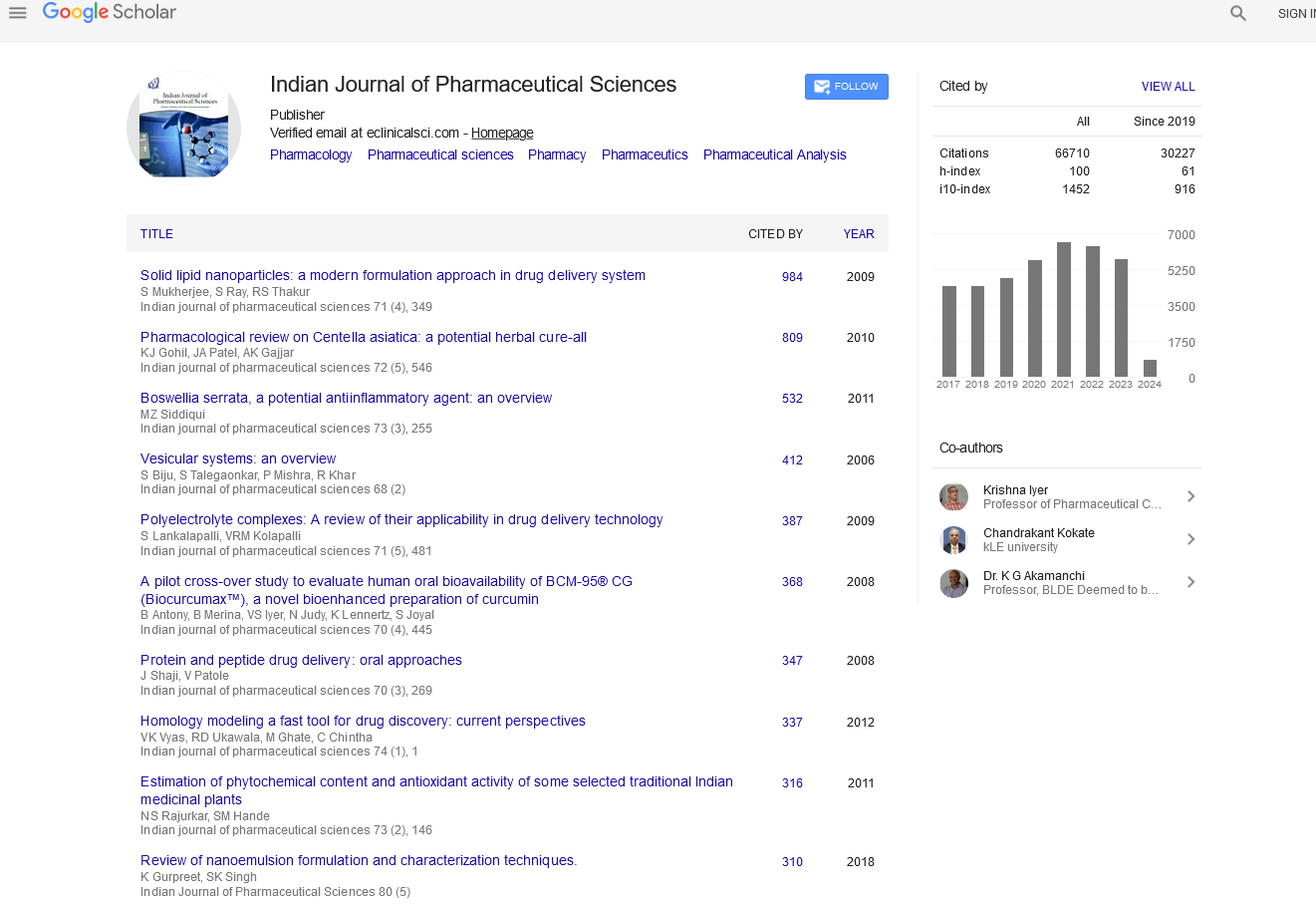Abstract
In vitro microbiological evaluation of polyvinyl alcohol-based ocular inserts of Ciprofloxacin hydrochloride
1Department of Pharmaceutics, Institute of Technology, Banaras Hindu University, Varanasi-221 005, India 2Department of Microbiology, Institute of Medical Sciences, Banaras Hindu University, Varanasi-221 005, India
Correspondence Address:
J K Pandit Department of Pharmaceutics, Institute of Technology, Banaras Hindu University, Varanasi-221 005 India E-mail: jkpandit@bhu.ac.in
Soluble inserts of ciprofloxacin hydrochloride using high and low molecular weight polyvinyl alcohol alone and in various combinations were fabricated by a casting technique. The in vitro drug release from the prepared inserts was studied using a continuous flow-through model, developed in our laboratory. The antimicrobial efficacies of the prepared inserts against common ocular pathogens, viz., Staphylococcus aureus ATCC 25923 and Pseudomonas aeruginosa ATCC 27853, were evaluated using a modified in vitro microbiological model. Ciprofloxacin hydrochloride release from the inserts followed matrix diffusion kinetics showing an anomalous release mechanism (erosion-controlled) based on the calculated release exponent (n) values. Drug release increased with an increase in the proportion of high molecular weight polyvinyl alcohol in the inserts. The in vitro microbiological model demonstrated the effectiveness of the inserts against the two microorganisms. Further, the results of the in vitro release studies correlated well with that of the antimicrobial studies.





